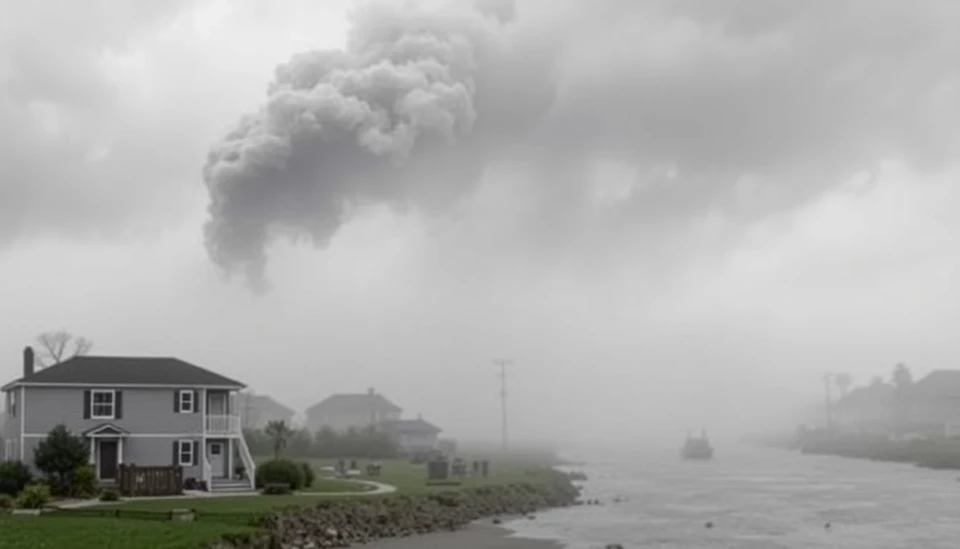
It goes without saying that the United States is not prepared-both financially and infrastructurally-for the increasing trend in natural disasters. But an in-depth investigation details monumental challenges faced by the nation, probing into human and economic impacts of such devastation.
A succession of multibillion-dollar disasters has rocked the United States in recent years, many highlighting the growing risks from climate change. From hurricanes lashing the Gulf Coast to wildfires incinerating huge swaths of the West, each disastrous event piles on the pressure to act sufficiently and quickly from both government agencies and the private sector. Yet, as Helene's wide-ranging analysis makes clear, there continues to be a deep chasm between the scale of these disasters and the preparedness of the country to meet them.
This deep-seated preparedness deficiency is indeed multilayered. According to the report, some of the big impediments to timely and successful action still include inadequate funding, stretched emergency response forces, and outdated infrastructures. Each disaster that has hit and the resulting economic burden mounted challenges against the limit of federal and state resources have fostered financial uncertainty across the country. What results are series of multibillion-dollar damages fast becoming the rule rather than an exception and have cast aspersions on the so-called resilience of the world's largest economy.
Besides, one should not praise highly enough the human side of these tragedies: communities are left to suffer under the obliteration of homes, local businesses, and even essential services. The lack of systematic support and comprehensive contingency further prolongs suffering for populations that are already at a disadvantage and leaves most to rebuild life from ashes with little help.
Federal agencies and policymakers are increasingly under pressure, voices from every direction calling for immediate, actionable reforms. Proponents call for more investment in resilient infrastructure and for newer technologies that could better predict and prevent damage. Furthermore, there is a call for internationally collaborative efforts, with full recognition that climate change knows no political border.
Bleak as it might sound, this is an opportunity-the upgrading of the ante by both the public and private entities through the adoption of sustainable practices in light of an increasingly worsening forecast of climate-related disasters. The time has come when innovative leadership should be combined with an empowered civic response in order for the pendulum to turn from mere reactions to anticipation frameworks.
What it calls for is not only a technological and financial path but a resolute political will and a social consensus to reduce what could be the looming threat of billion-dollar disasters to the United States. The exposé by Helene is a wake-up call for immediate action to shield the future from a vicious circle of devastation.
The stakes are high, and as this story continues to unfold, so too does the hope that this analysis may spur the critical discussions necessary to create a more secure, resilient, and prepared America.
#USDisasterPreparedness #ClimateChangeImpact #BillionDollarDisasters #InfrastructureResilience #EmergencyResponse #EconomicRecovery #ClimateCrisis #Sustainability #NationalSecurity #DisasterManagement
Author: Sophie Bennett




